Don't rely on data scientists to do AI heavy lifting, former IBM exec warns
Ex-IBM Watson lead Phil Westcott says he has witnessed “a lot of overspending and wasted resources” during his career


Investing in fleets of data scientists and expecting them to do all the heavy lifting in artificial intelligence (AI) is one of the most common mistakes businesses make, according to former IBM executive Phil Westcott.
Speaking at the virtual AI Festival, Westcott, who formerly lead the IBM Watson platform in Europe and is now co-CEO of AI consultancy firm Filament, told attendees that he had witnessed “a lot of overspending and wasted resources” during his career.
“A couple of the mistakes I've seen is to go out and buy a huge fleet of data scientists and pop them in in a large room and expect that the business outcome will flow magically,” he said.
Another “cautionary tale”, according to Westcott, is “going too far on the operational steps before you've proved the hypothesis within the state of the art of applied AI technology”.
Instead of wasting time and resources on these mistakes, businesses should invest in creating “more agile, cross-functional teams with the engineering skills and business analysts”, he said.
Businesses looking to build their AI capability on a budget must follow five key steps, which include setting a strategy, building AI assets, developing a culture of agility and collaboration, investing in skilled team members, and partnering with academic and industrial organisations.
“In your key strategic areas, where you want to make your own AI assets and build your capability, that's where you will need the help of consultants (...) to bring the benefits of the full ecosystem and bring their experience from other industries and other clients,” he said, before recommending potential partners such as the Google Cloud, IBM Watson, and the Alan Turing Institute.
Sign up today and you will receive a free copy of our Future Focus 2025 report - the leading guidance on AI, cybersecurity and other IT challenges as per 700+ senior executives
Companies seeking to develop their businesses' AI capabilities will also benefit from turning their areas of expertise into a competitive advantage and focusing their AI programme on departments such as customer service, research, or HR recruiting.
RELATED RESOURCE
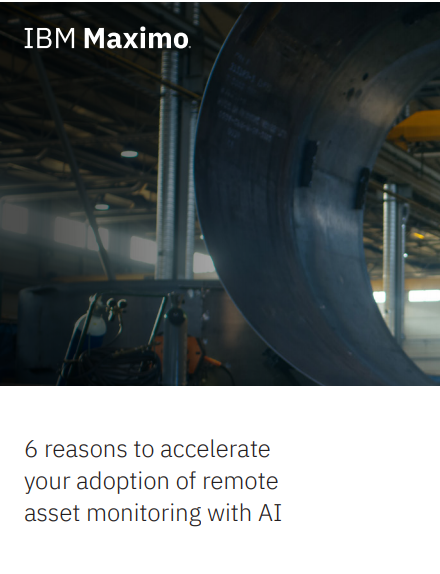
Six reasons to accelerate remote asset monitoring with AI
How to optimise resources, increase productivity, and grow profit margins with AI
“Because if they've already got a differentiated human capability there, they have an opportunity to turn that into a differentiating AI capability by effectively bottling that expertise into machine learning models that can be scaled, and can further augment that human capability,” he added.
Westcott was speaking at a keynote address during the first day of the newly-launched AI Festival. The virtual event, which is backed by BT, aims to explore the influence of AI technology on businesses, skills, and employment, with today’s keynotes focusing on issues such as the future of AI skills, ethical AI, and digital-based approaches to health.
Having only graduated from City University in 2019, Sabina has already demonstrated her abilities as a keen writer and effective journalist. Currently a content writer for Drapers, Sabina spent a number of years writing for ITPro, specialising in networking and telecommunications, as well as charting the efforts of technology companies to improve their inclusion and diversity strategies, a topic close to her heart.
Sabina has also held a number of editorial roles at Harper's Bazaar, Cube Collective, and HighClouds.
-
 Former Google engineer convicted after stealing AI, supercomputing secrets
Former Google engineer convicted after stealing AI, supercomputing secretsNews Linwei Ding told Chinese investors he could build a world-class supercomputer
-
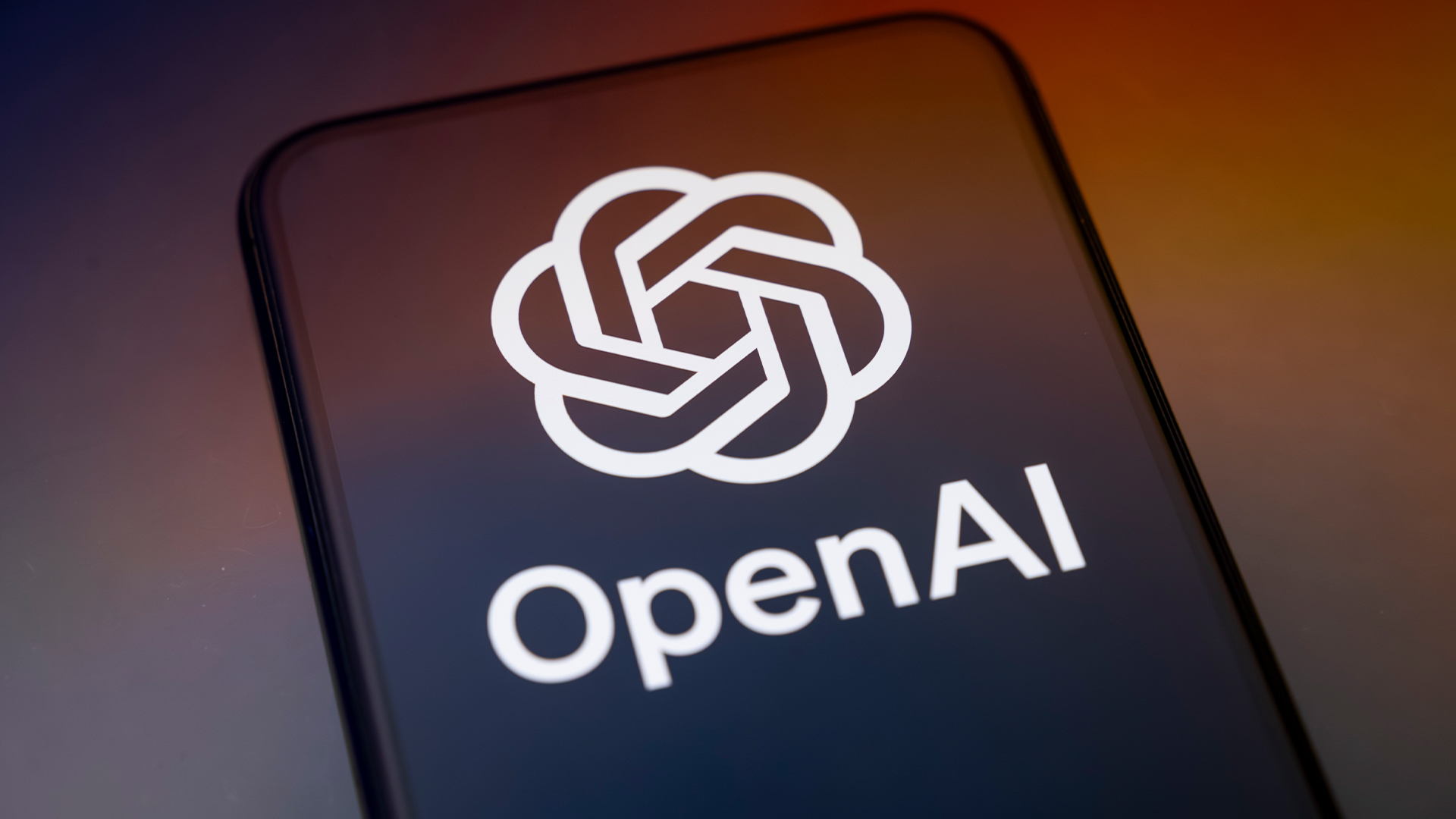 OpenAI sets February retirement date for popular GPT-4o model
OpenAI sets February retirement date for popular GPT-4o modelNews OpenAI has confirmed plans to retire its popular GPT-4o model in February, citing increased uptake of its newer GPT-5 model range.
-
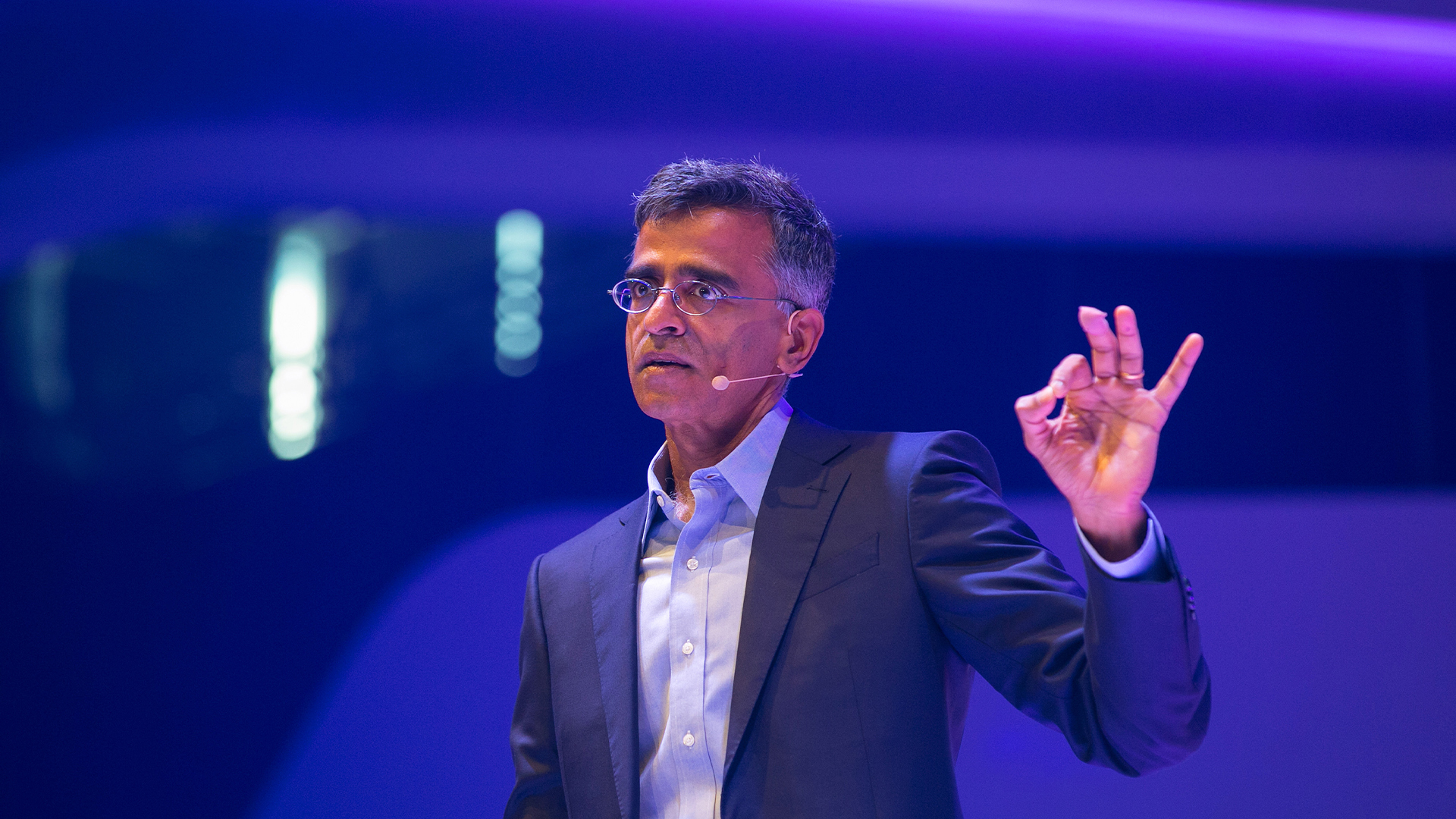 Channel Focus: All you need to know about Snowflake's partner program
Channel Focus: All you need to know about Snowflake's partner programSnowflake wants partners to help with its mission to make 'the AI era' easy, efficient, and trusted...
-
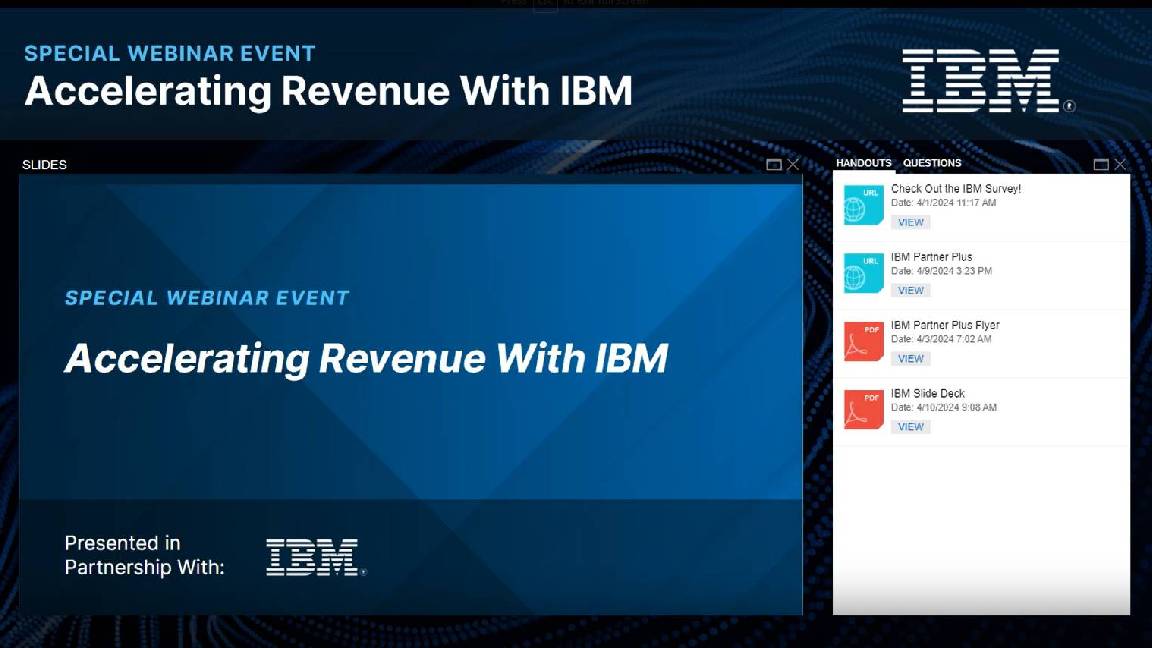 Accelerating revenue with IBM
Accelerating revenue with IBMwhitepaper Increase your impact and grow new revenue streams
-
 Inside IBM’s plans to bring generative AI to Wimbledon
Inside IBM’s plans to bring generative AI to WimbledonNews Match-goers at Wimbledon this year will be armed with a range of generative AI features to enhance their experience
-
 New bill aims to measure the military’s AI use
New bill aims to measure the military’s AI useNews Republican senator wants stronger adoption of AI to counter the technology's potential threat to our nation's security
-
 Why isn’t your AI delivering ROI?
Why isn’t your AI delivering ROI?In-depth How to bridge the production gap between data and IT
-
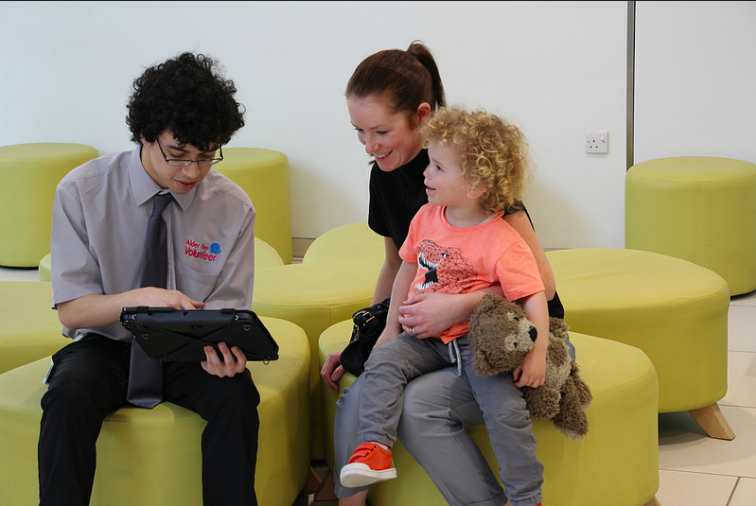 Children’s hospital uses IBM Watson app to improve healthcare
Children’s hospital uses IBM Watson app to improve healthcareNews Watson will answer kids’ questions and analyse data for doctors
